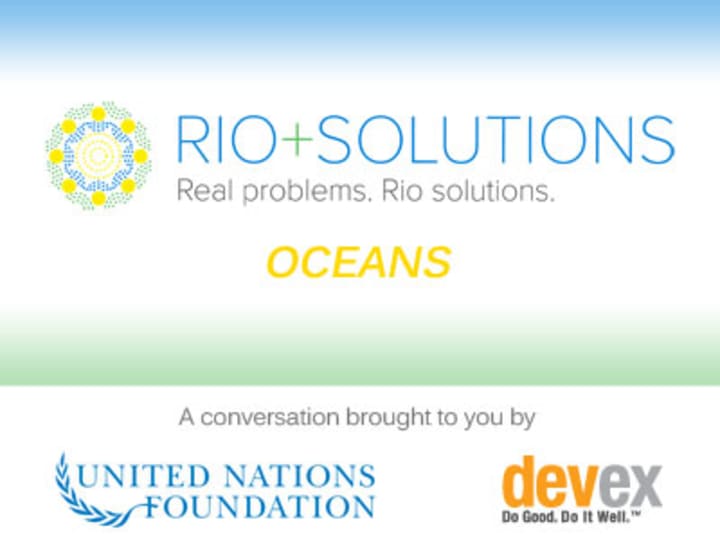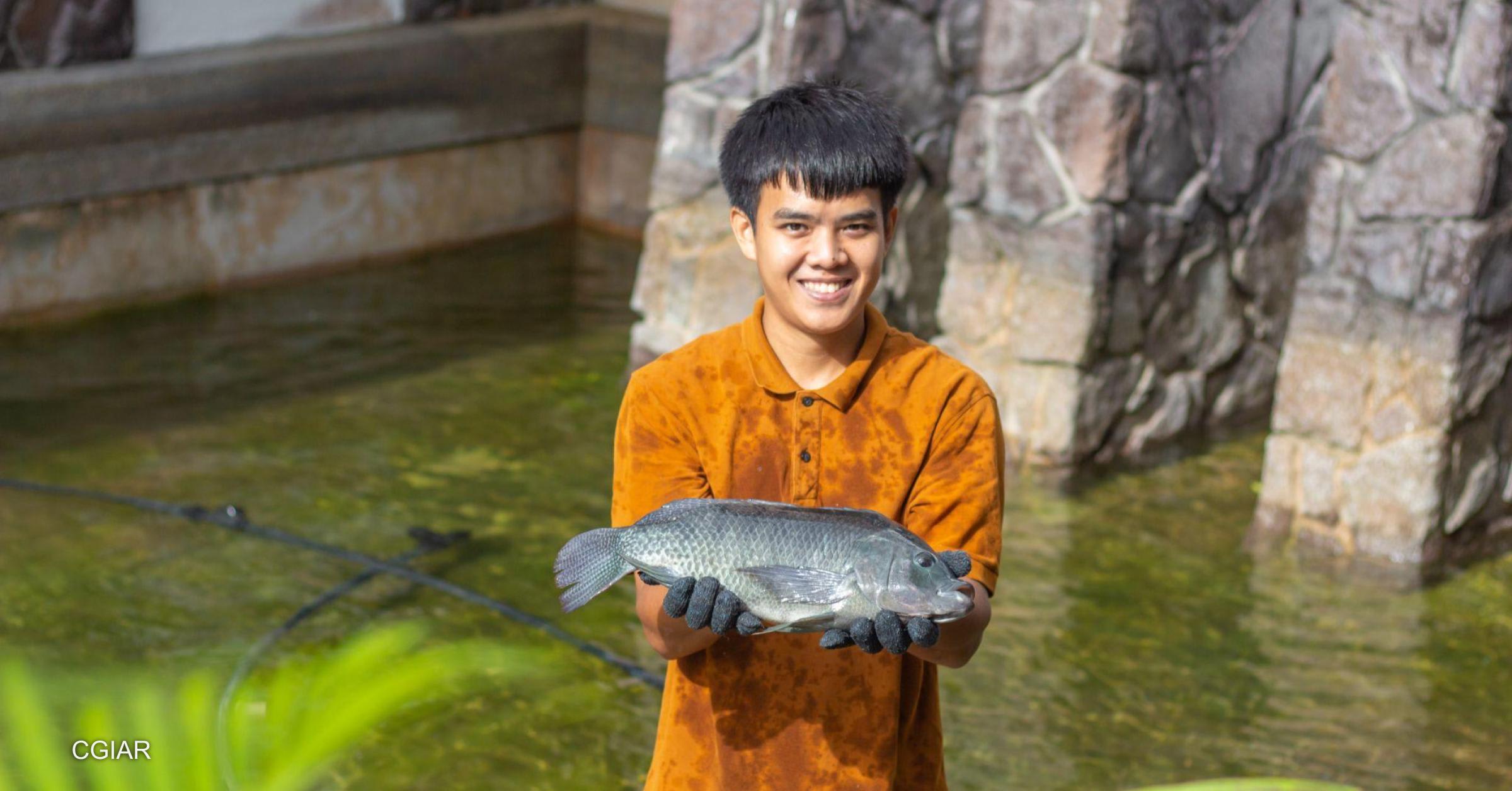
Fisheries in the waters of developed countries have suffered from long-term mismanagement and, as a result, currently produce only half their historic peak output of the late 1980s. Production in developing countries has filled the widening gap and now produces over two thirds of the total global wild fishery production.
If history repeats itself and mismanagement of these newly exploited stocks from the waters of developing countries causes similar failures, the stakes will be much higher.
While offering new sources for global seafood supply, the waters of the tropical Americas, Africa and Asia experience high levels of coastal poverty, disproportionate impacts from climate change, and a high dependence on fisheries for protein and food security by small scale fishers. In these waters, sustaining production through improved management of small-scale and artisanal fishers is critical to avoid greater societal loss.
New data and experience from the past decade suggest that policies and programs focusing on enabling participatory co-management of small-scale fisheries can provide significant economic, fishery and ecological returns to help avoid the mistakes of the past.
The continued expansion of global fisheries exploitation in the waters of developing countries occurs in a global context where more than 80 percent of the fish stocks monitored by the U.N. Food and Agriculture Organization are currently assessed as fully exploited, over-exploited or depleted. Over-exploitation of fishery stocks comes at considerable economic cost: The World Bank and FAO have calculated that global fisheries, if better managed, could provide an additional $50 billion per year in aggregate economic return. Considering an estimated 90 percent of all fishers are small-scale, and nearly 200 million people globally are dependent on the fisheries sector, the consequences of improving fisheries management for the coastal poor is significant.
Compounding these challenges, coastal fisheries in developing countries are some of the most vulnerable to climate change. It is in the coastal zone where sea level rise, increasing storm events and flooding are present threats, where the specter of warming seas and ocean acidification provide longer-term challenges for people and communities dependent on sensitive marine ecosystems such as coral reefs, mangroves and shellfish beds. Fisheries scientists from the Sea Around Us project at the University of British Columbia predict some of the greatest losses in fisheries production due to climate change will be experienced by tropical coastal waters of the Americas, Africa and particularly Asia, where small-scale fishers are most prevalent. The combined impacts of unmanaged over-exploitation and climate change require crucial investment in improved local management to adaptively manage through the impending changes.
The ocean’s continued provision of food security, income and economic growth depends on a renewed focus on and improved management of our coastal ecosystems, particularly in regions that lack sufficient financial capital, adequate governance, or are otherwise resource-poor.
While there is no one technical solution to improving the management of our coastal waters worldwide, recent research by the Wildlife Conservation Society and James Cook University, published in the Proceedings of the National Academy of Sciences, across 42 communities across Kenya, Tanzania, Madagascar, Indonesia and Papua New Guinea has demonstrated that increasing investment in support of adaptive co-management by coastal fishing communities can significantly improve overall fish biomass and fisher catch over the long run. In small-scale fisheries where human livelihoods, biodiversity and fisheries are inextricably linked, promoting decentralized community-based governance along with specific protections for small-scale fishery grounds has demonstrated significant economic and ecological returns. Specifically, on the coast of Kenya where communities have recently secured the right to register exclusive beach management units, substantial income returns have resulted from the devolution of management rights from national to community-based decision-making. Once empowered with the rights to manage their own fishery, new management measures such as gear improvements and area-based closures followed and resulted in significant income, fishery catch and ecosystem improvements.
Investing in the management capacity and authority of coastal communities dependent on small-scale fisheries and vulnerable to the impacts of climate change around the world is a global imperative. With over a decade of data suggesting a clear mechanism to improve small-scale fisheries management, a renewed commitment by the global community to the 90 percent of fishers on the planet whose livelihoods are inextricably linked with the health of the oceans is called for. The collapse of the Atlantic cod at the end of the last century wrought economic and ecosystem-wide havoc on fishing communities across the North Atlantic from New England to the North Sea. Avoiding the same outcome in highly vulnerable and fishery-dependent coastal communities in the tropical Americas, Africa and Asia that are increasingly supplying global demand for seafood is one of the great imperatives of this century.
Tell us what you think! Comment below or tweet to @devex with #RioPlusSolutions, and catch up on other Rio+Solutions content here or on Facebook.


